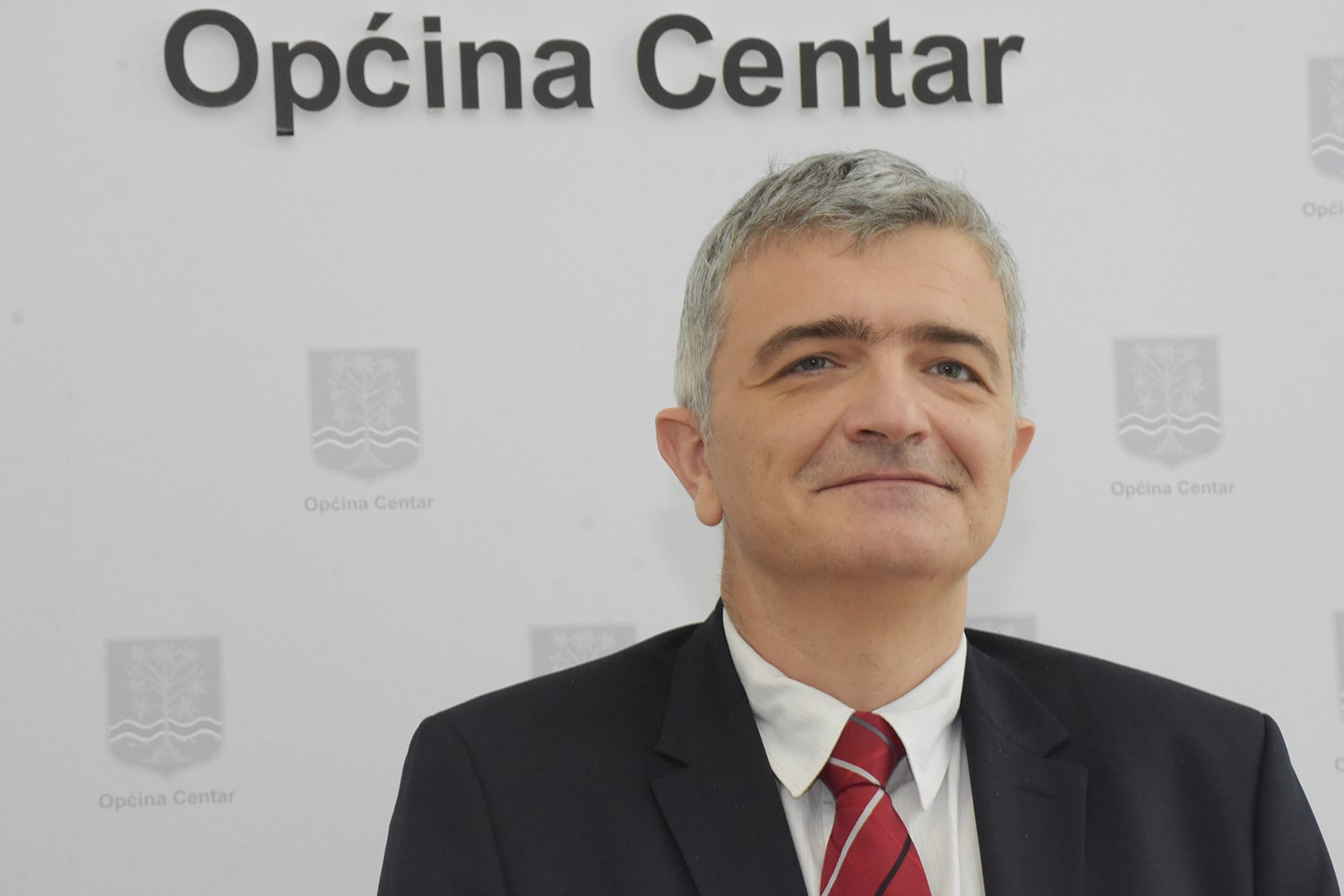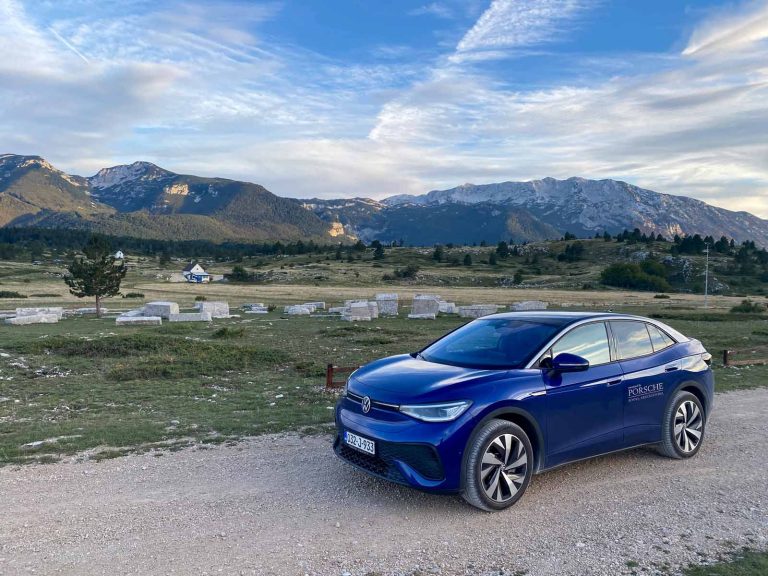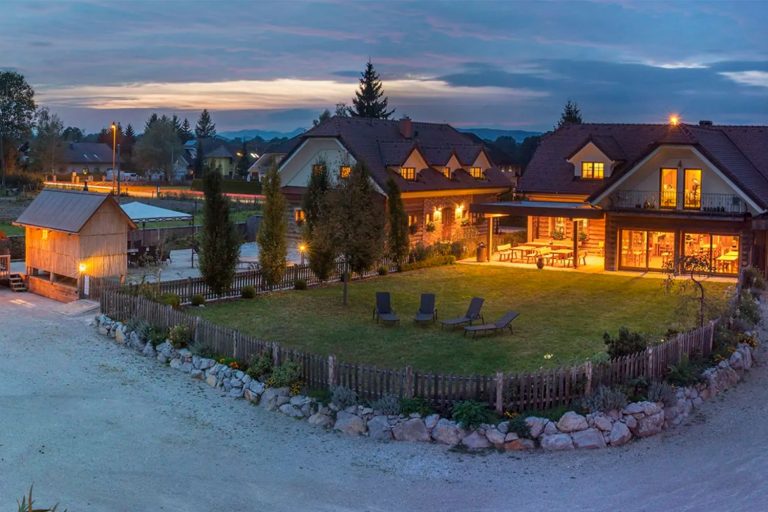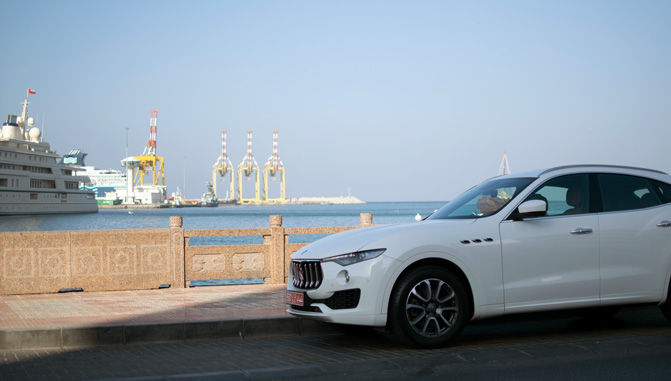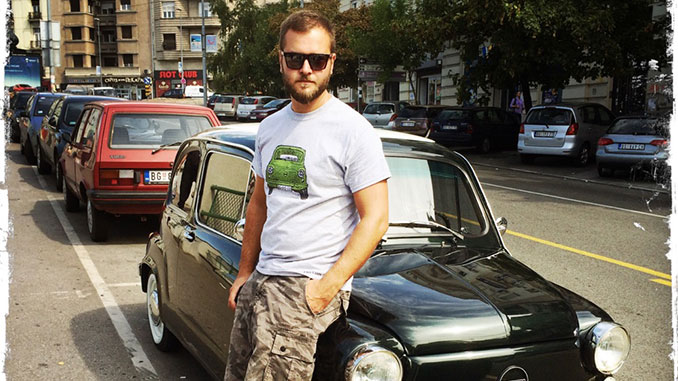“Electromobility could become a symbol of mobile freedom”
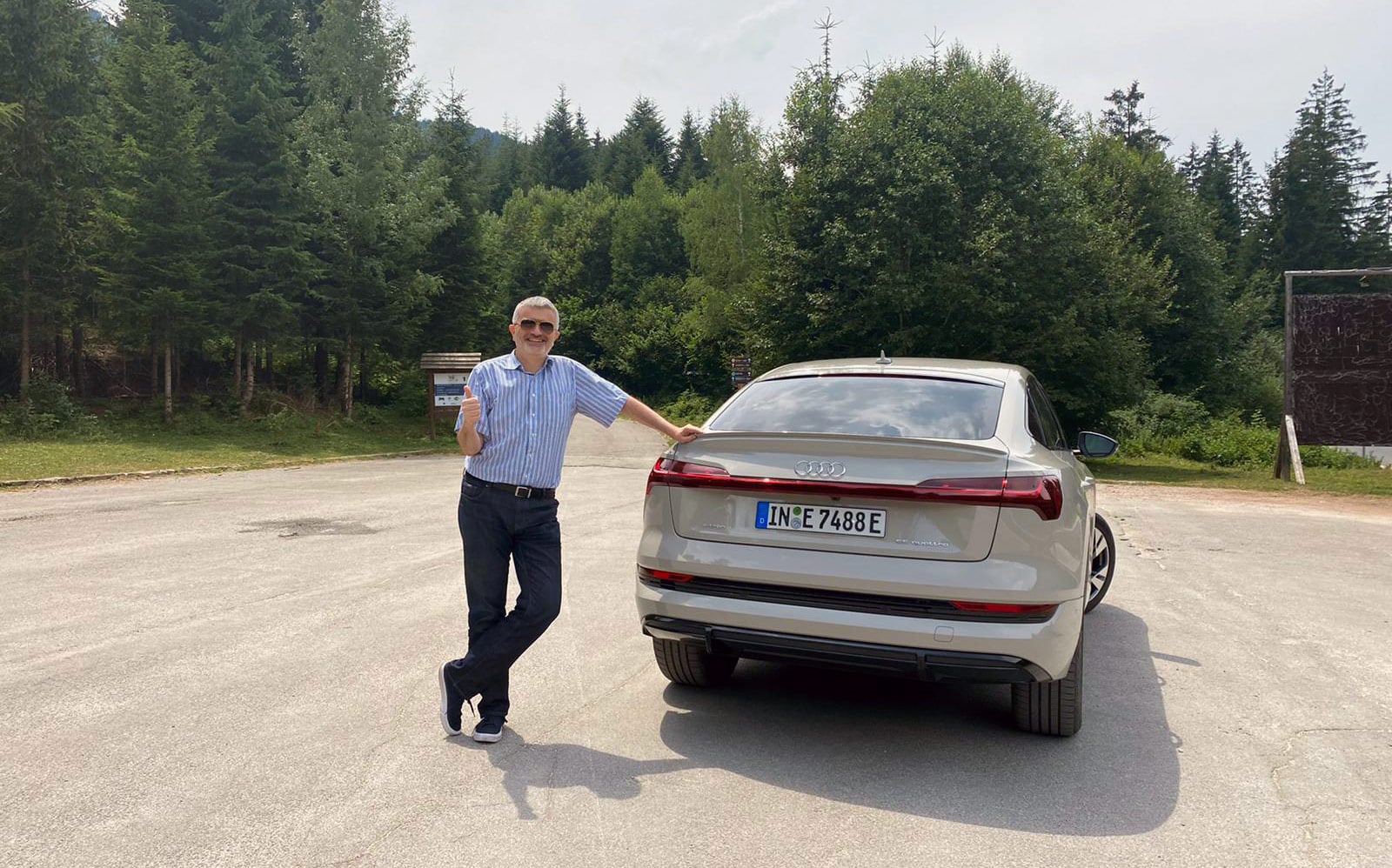
People in Bosnia and Herzegovina are fascinated by e-mobility, but are skeptical about it. Mayor of Municipality Sarajevo Center Srđan Mandić is a visionary. He is already in the process of building the first public gas station in Sarajevo. This year. I met him and asked him about it. A conversation about future urbanisation, his love for Sarajevo, the VW Golf 2 and why e-mobility brings freedom.
“Electromobility could become a symbol of mobile freedom”
Srđan Mandić
People in Bosnia and Herzegovina are fascinated by e-mobility, but are skeptical about it. Mayor of Municipality Sarajevo Center Srđan Mandić is a visionary. He is already in the process of building the first public gas station in Sarajevo. This year. I met him and asked him about it. A conversation about future urbanisation, his love for Sarajevo, the VW Golf 2 and why e-mobility brings freedom.
“I know that the time of electric cars is coming”
Srđan Mandić
Mirella Sidro: How was the idea to build the first public e-fueling station born?
Srđan Mandić: The idea was born on the initiative of one of our employees and a member of the Sarajevo Canton Assembly. I liked it immediately. A large car dealership, the listed company Elektrodistribucija, which deals with the production and sale of electricity, and the Federation Chamber of Commerce had proposed to install public charging stations at several locations as a pilot project. The municipality would be obliged to provide locations. I am also someone who follows trends, and I know that the time of electric cars is coming. I would be very happy if my community could be the first to implement this project. The first e-charging station will probably be placed in one of the busiest locations along the main street. So far, unfortunately, there are not more than a dozen electric vehicles, but if this is a contribution to increase this number, I will be very happy. The initiative did not come from me, but I was happy to accept it because it seems progressive to me and will benefit our local community and the city as a whole. This is a test project and I hope it will prove effective.
“We would also be willing to replace our vehicle fleet with electric vehicles”
Mirella Sidro: Are you personally a fan of electric mobility?
Srđan Mandić: At the moment, I don’t know much about this issue because e-vehicles are very rare in our country. But if the price is affordable, it would be okay to buy such a car. I know that they drive slower than combustion engines. Since I am not someone who prefers fast driving, this criterion is not crucial for me. What is important to me as an environmentally conscious person is that e-cars protect the environment. We would also be willing to act in this direction, namely to replace our vehicle fleet with electric vehicles. Of course, this project would have to be affordable for us, as we always have to keep an eye on the budget.
“We have become a dumping ground for used cars from Europe”
Mirella Sidro: Can you imagine car sharing with small electric vehicles in your city?
Srđan Mandić: We generally have a terrible traffic problem in Sarajevo. The data is inaccurate, but it is estimated that 450,000 inhabitants drive 120,000 to 140,000 vehicles.
There are several reasons for this. Immediately after the war, there were no regulations for importing used vehicles from abroad. We became a dumping ground for used cars from Europe. For a while there were certain restrictions, now they have been lifted. For a time, a vehicle older than seven years could not be imported. Since this variant was abolished, people are again buying very bad vehicles for relatively little money. Most of these vehicles do not even have a minimum eco-standard.
Another thing that causes us big problems is traffic regulation, especially in the central parts of the city.
And then there is a third thing that gives us headache: Our public transport is in a disastrous state. Unfortunately, the company responsible for transportation has one of the largest losses in the canton, which contributes to the existing problem.
The rehabilitation requires immense financial resources and restructuring. Due to this very poor public transport infrastructure, our hands are tied to a certain extent and therefore we cannot limit the arrival of private vehicles to the city center. For that, we would have to offer qualitative alternatives. Thus, we are in a kind of impasse. Nevertheless, we need to start, especially here in the center, to discourage people from coming into the city with vehicles.
One of the ways we can do that is through high parking fees or limited parking time. We are probably the only European city where there are no zones with limited parking time! In our city you can park all day – for free! We will look at all possible options to find criteria under which conditions it will be possible to go downtown by car in the future, because the situation is becoming unbearable.
What I know is that the cantonal government has bought a total of 25 new trolleybuses. I hope that the first ones will arrive at the end of this year. They are models that can travel about ten to 15 kilometres without power supply. Thus, we prove that we are committed to the ecological idea to the maximum.
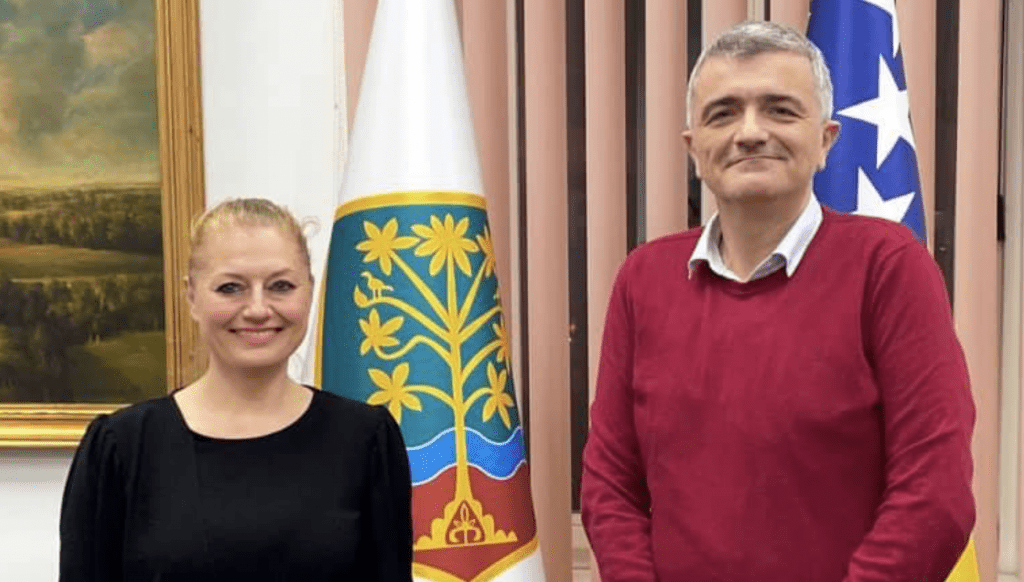
Sarajevo was the first city in Europe to have a tram Then we introduced trolleybuses during the Olympic Games. Unfortunately, due to all the events during the war and the disastrous post-war government, no new bus has been purchased since 1984. Apart from some “donations” – unfortunately again “waste products”.
The situation is similarly disastrous with our bus and tram services. We have a lot to do!
And then there is the case of “VW Golf 2”. Sarajevo was the first city outside Germany to have a factory where VW Golf was produced. Then an interesting situation arose during the war. This famous Golf 2 became the symbol of the city during the war. He even drove with cooking oil. Until today we buy the “legend Golf 2” with diesel engines, which is an unfavourable matter in terms of environmental factor. Golf 2 – A former symbol of progress became synonymous with misery and pollution.
The project should be accomplished this year, maybe already this summer
Mirella Sidro: When can we expect the e-fueling stations?
Srđan Mandić: We are waiting for the official application from the initiators. From our side, it will not take long. We will provide the location and already have some in mind. The probable location will be near the National Museum. As far as we are concerned, we will issue all the necessary permits and allocate this place as soon as possible. The project should be accomplished this year, maybe already this summer.
“Diesel cars were popular before the war because they consumed less, and they still are”
Mirella Sidro: People react very positively to my e-car, but have doubts about buying an e-vehicle because of the infrastructure. How will you convince them otherwise?
Srđan Mandić: Electric vehicles are still expensive. Then there’s another reason. We are, in my opinion, a traditional environment and it is very difficult to change habits, even if innovations prove to be better. Here, the car is a status symbol. Wealthy people drive a Tesla because it is fancy. In Bosnia and Herzegovina, there are not so many people who can afford the luxury of owning two or three cars. Maybe two, but one of them is certainly of poor quality. Diesel cars were popular before the war because they consumed less, and they still are. We need to educate about the benefits of e-vehicles and campaign to eliminate prejudices that electric cars are unreliable. To what extent the oil lobby will exert a negative influence is another question. In this case, what is happening at the global level will be reflected in Bosnia and Herzegovina as well.
“Since a large part of our politicians like to drive in expensive cars …”
Mirella Sidro: Do politicians in Bosnia and Herzegovina have prejudices against electric mobility?
Srđan Mandić: Since a large part of our politicians like to drive in expensive cars, they would certainly appreciate having a luxurious large e-limousine at their disposal. I walk to work as I live very close to my office.
“Electric mobility could become a symbol for freedom and independence”
Mirella Sidro: What is your wish for the future of Sarajevo in terms of mobility?
Srđan Mandić: We have one goal, which is to solve the problem of pollution, which we have already talked about. Cars are one of the factors, but not the main cause. In this sense, electric mobility would be something special for Sarajevo, which basically has a problem due to its geographical location in a closed valley. I could certainly confirm that the solution to the pollution problem in Sarajevo could serve as an example for the whole of Bosnia and Herzegovina. In my lifetime, I would like to live in a city where all vehicles are electric, because I am someone who believes in and is open to new technologies. We must also remember that oil has led to wars and has been the subject of extortion. It is a means of enormous enrichment for some people. That is why it would be wonderful if one day we would drive with electricity that is accessible to everyone and that everyone can have. Electric mobility could become a symbol of a new time, as well as freedom and independence that we don’t have now. I would very much welcome that time.
“How do you sum up the city you love in one sentence?”
Mirella Sidro: How would you describe your hometown in one sentence to someone who has never been to Sarajevo to encourage them to visit?
Srđan Mandić: How do you sum up the city you love in one sentence? It is its spirit that is specific. What Sarajevo has preserved compared to other cities is warmth, identity and recognisability. People live here who are always ready to welcome you, as if you were part of this community here all your life. Summarised in one sentence: Sarajevo will give you love at first sight.
